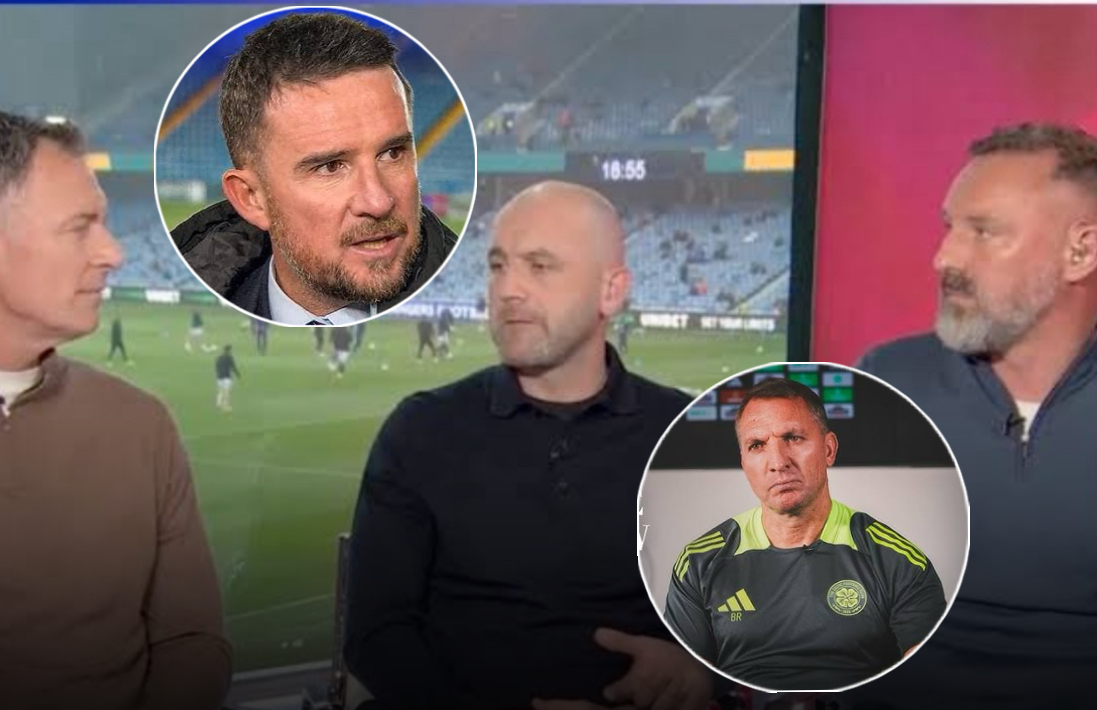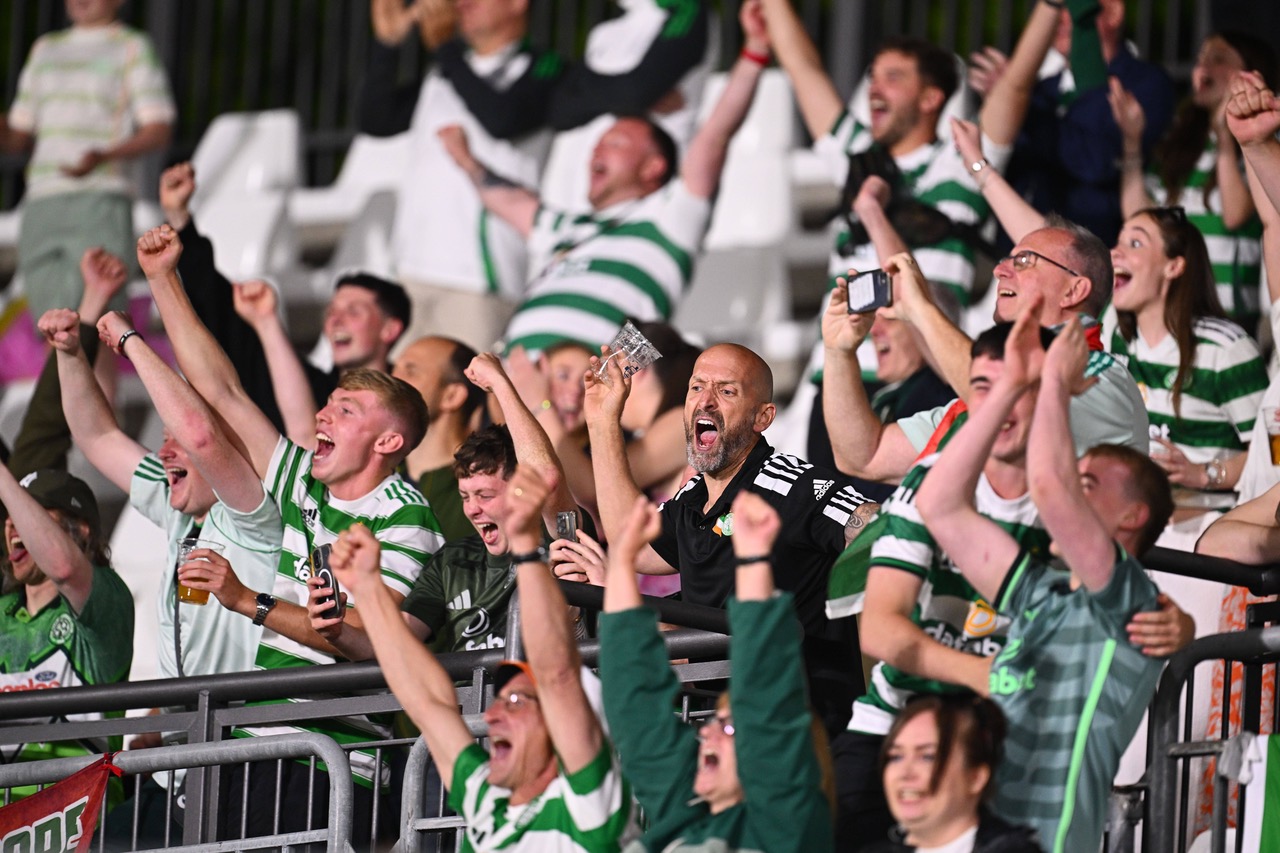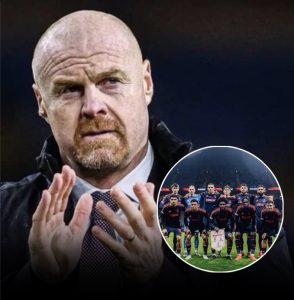BARRY FERGUSON PUT CHRIS SUTTON IN HIS PLACE AFTER BRENDAN RODGERS BRUTAL INTERVIEW, IT WAS A PURE VIOLATION
In the high-stakes world of Scottish football, rivalries extend beyond the pitch, permeating media interactions and personal exchanges among former players and managers. A recent episode highlighting this dynamic involves Barry Ferguson, Chris Sutton, and Brendan Rodgers, three prominent figures whose interactions have captivated fans and pundits alike. This article delves into the context and nuances of Ferguson’s pointed response to Sutton following Rodgers’ candid interview, exploring the intricate web of relationships and rivalries that define Scottish football.
Setting the Stage: The Old Firm Rivalry
The Old Firm rivalry between Glasgow’s Celtic FC and Rangers FC is one of the most intense in football, characterized by deep-rooted history, cultural significance, and passionate fanbases. This rivalry often extends beyond the 90 minutes of play, influencing media narratives and personal interactions among those associated with either club.
Brendan Rodgers’ Candid Interview
In the lead-up to a crucial Old Firm derby, Celtic manager Brendan Rodgers gave an interview addressing various aspects of his team’s performance and the challenges posed by Rangers under interim manager Barry Ferguson. Rodgers, known for his articulate and measured demeanor, discussed the tactical approaches anticipated in the upcoming match, subtly highlighting Celtic’s dominance in recent encounters.
Chris Sutton’s Provocative Commentary
Chris Sutton, a former Celtic striker turned pundit, is renowned for his forthright opinions, particularly concerning Rangers. In response to Rodgers’ interview, Sutton made comments that appeared to undermine Ferguson’s managerial acumen. He questioned Ferguson’s tactical knowledge, suggesting that Rangers’ interim manager might struggle to devise a strategy capable of challenging Celtic’s superiority. Sutton’s remarks were perceived by some as dismissive, reflecting the entrenched rivalry between the clubs.
Barry Ferguson’s Assertive Retort
Barry Ferguson, a former Rangers captain and a figure synonymous with the club’s identity, did not take kindly to Sutton’s insinuations. In a press conference preceding the derby, Ferguson addressed Sutton’s comments head-on. He emphasized his deep understanding of the game, honed over years of top-flight competition and coaching experience. Ferguson asserted that Sutton’s criticisms were baseless and stemmed from a biased perspective rooted in his allegiance to Celtic.
The Derby Outcome and Its Implications
The match itself added another layer to this narrative. Rangers, under Ferguson’s interim management, secured a hard-fought 3-2 victory at Celtic Park. The team displayed tactical discipline and resilience, countering Celtic’s attacking prowess effectively. This result not only bolstered Ferguson’s credentials but also served as a rebuttal to Sutton’s earlier criticisms.
Fan and Media Reactions
The interactions among Rodgers, Sutton, and Ferguson ignited extensive discussions among fans and media outlets. Rangers supporters lauded Ferguson’s leadership and tactical nous, viewing the victory as a vindication of their manager’s approach. Conversely, Celtic fans and some pundits critiqued Sutton’s comments, suggesting that they may have provided additional motivation for Rangers.
The Broader Context: Media’s Role in Football Rivalries
This episode underscores the influential role media personalities play in shaping football narratives. Pundits like Chris Sutton wield significant sway over public opinion, and their comments can escalate tensions or add intrigue to fixtures. While robust debate is integral to sports discourse, this incident highlights the fine line between insightful analysis and provocative commentary that may be perceived as disrespectful.
Conclusion
The interplay between Barry Ferguson, Chris Sutton, and Brendan Rodgers exemplifies the complex relationships and rivalries that define Scottish football. Ferguson’s assertive response to Sutton’s critique, coupled with Rangers’ subsequent victory, illustrates how on-field performances can swiftly alter narratives and perceptions. As media figures continue to influence the footballing landscape, this incident serves as a reminder of the impact their words can have on the dynamics between clubs, managers, and fans.








Post Comment